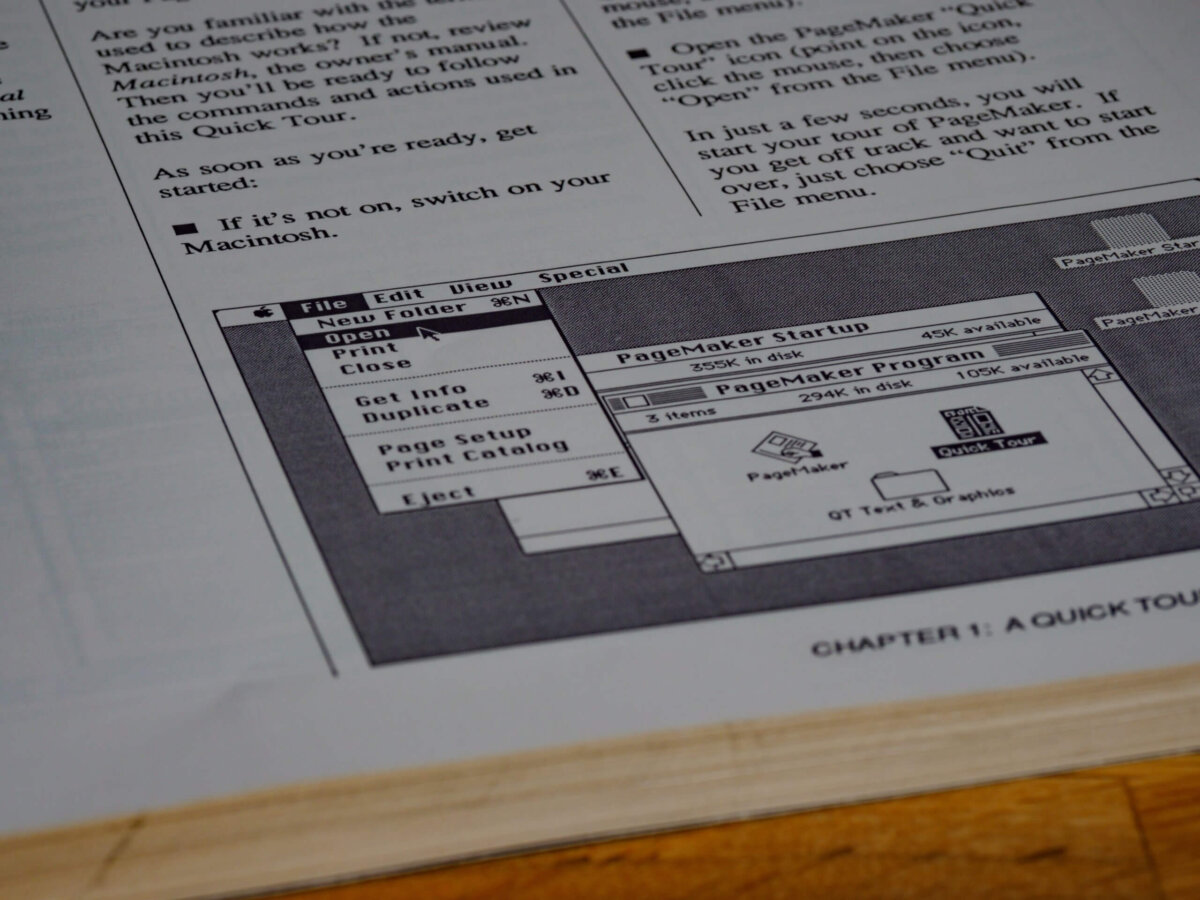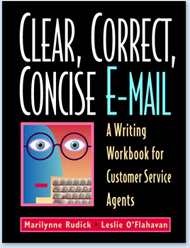A colleague of mine—an expert online editor and web content manager—sent me this e-mail last week:
Leslie –
Can you give me some style guidance or a citation that says “using ‘and/or’ in a sentence is just plain dumb”? I was editing some web pages and ran across this construction at least four times. I wanted to tell the writer to NEVER do this again but wanted some source material. I struggle to keep our pages from sounding too “researchery” or “lawyery” and, given where I work, that’s tough.
Always interested in being helpful, and in stamping out anything that’s just plain dumb, I did some quick research online to see if style guides or other editorial experts also dislike and/or. Here’s what I found:
- The Red Hat Style Guide says, “Avoid if possible. Try to rewrite to make the available options explicit and clear.”
- American University’s Style & Usage guide says to avoid “and/or.”
- The American Bar Association Journal says “and/or” is one of those legal terms you should ax from your writing. They advise writers to “kill it.”
- Slaw, Canada’s online legal magazine, calls “and/or” an abomination and says not to use it in legal writing.
- The Guide to Style and Usage of the US Congressional Budget Office says, “This usage is awkward and sounds too bureaucratic …”
So the verdict is in: and/or is JPD (just plain dumb). Do you agree? Comment here or e-mail me with your opinion.
— Leslie O’Flahavan
Tags: Usage






Wow, that’s really interesting. It never occurred to me that “and/or” was just plain dumb. 🙂 I’m surprised that so many sources advise against using it. It seems like there ARE instances where that is the only way to really convey your meaning. Say, for example, if you were requesting art submissions. You might say, “Send us your paintings and/or drawings.” You wouldn’t say just “and” because you don’t require both, but you wouldn’t say just “or” because you do want to see both. Know what I mean? Is there NO proper usage of and/or?
Hi, Jenny – I agree. It’s a bit rigid to take a hard line against and/or. The “paintings and/or drawings” example you gave seems an appropriate use of and/or to me. But frequently, “and” or “or” will do.
Jenny,
In the example you cite, what is the meaning that you’re trying to convey? It seems to me that “Send us your paintings or drawings, or both” IS what “and/or” is supposed to be conveying.
Or you could say “Send us your paintings. Send us your drawings.” That seems to cover it as well.
How about the following: Send us your paintings, drawings, or both. Done deal!
I never liked the sound of “and/or”, but it seems to suit what I want to write or say often enough that I use it semi-regularly. My gut seems to agree with the sytle guides. I checked my copy of “The Elements of Style,” and find this in the “Words and Expressions Commonly Misused” chapter:
And/or. A device, or shortcut, that damages a sentence and often leads to confusion or ambiguity.
[Instead of this:]
First of all, would an honor system successfully cut down on the amount of stealing and/or cheating?
[Try this:]
First of all, would an honor system reduce the incidence of stealing or cheating or both?
Thanks for the interesting post!
Thanks, all, for weighing in on the and/or matter. I am pleasantly surprised at the amount of discussion this issue generated and the attention this post received from the legal community. This “just plain dumb” post was reposted at Evan Schaeffer’s “The Trial Practice Tips Weblog,” Raymond Ward’s “the (new) legal writer,” and the “Stark County Law Library Weblog.” Apparently,obfuscation is going out of style.
I have used this construction on occasion. But after reading this post and comments, I think I’ll use it less often. The “or both” option might be the best way around it.
I don’t like and/or but I think “or both” is probably worse and take longer for the reader to process.
My college English Composition instructor said we should always use “paintings or drawings or both” to be unambiguous. However, that was a 100 years ago!
I find and/or useful and not stupid at all. Because I write reports for construction sites where we do not know how the other parties will respond to our observations and instructions. Since they have multiple options and there is far more than one party involved to work on these options, we have to use and/or as they can give detailed instructions to the contractor or detailed instructions and a sketch or just a sketch… who might give these instructions to the contractor the architect, the project team, the building owner and/or the head foreman. What could simply be stated shortly with and/or has become a horrifically long sentence that no one on a construction site has the time or patience to read. To say that it is dumb to use is simply one of the stupidest assumptions in the world. It conveys what you want to convey succinctly. But I guess lawyers and professors who love to use a million words to say absolutely nothing, in absolute contradiction with themselves, must hate anything that is succinct.
I think something to consider here is your audience. In Kate’s situation, she would use and/or because her audience will process it better. If you are writing a legal brief, you would want to avoid using it. A note jotted to a friend or an informal paper will seem strange if you spell everything out. I agree with the guidelines, don’t use it if and will do alone or if or will do alone, but to avoid it just because it isn’t absolutely proper in all instances, is to invite difficulty where not needed. (sorry this sounds stuffy, I didn’t mean it to!)
There are instances where lawyers must use “and/or” because, believe it or not, there are judicial opinions clarifying exactly what “and” or “or” means. So, if a lawyer requested documents using the word “and,” when they should have said “and/or,” they might lose a critical evidence battle in court. That’s just one example.
Tina Willis Law – Orlando
390 N. Orange Ave. Suite 2300G
Orlando, Florida 32801
(407) 803-2139
Thanks for your comment, Tina. When it comes to the required wording for a legal document that’ll hold up in court, I am no expert. I’ll defer to you! But when it comes to using the “and/or” construction in general business writing, it’s usually not necessary.
I believe this phrasing is useful in some cases. There shouldn’t be a hard line against it.
Utilizing the alternative, “A or B, or both,” can seem a little drawn out to your readers. Agreeing with previous comments – it can take longer for them to process.
Piercy Stakelum – Trial Pro, P.A. – 250 N Orange Avenue, 14th Floor, Orlando, FL 32801 – (407) 300-0000
Thanks for weighing in, Piercy. I agree with you When the “and/or” construction is required for legal accuracy, writers must use it. No need for a hard line against it. But most uses of “and/or” in “everyday” writing aren’t necessary, in my experience. Writers who use it come across as hyperexact.
Unintelligent people use “and/or” when: (1) they want to sound intelligent OR/AND (2) cannot accurately articulate their thoughts.
The earlier comments are all wrong, some more than others. This is not a matter of opinion OR/AND shorter sentences.
[A, B, or both]=[A, B, or (A and B)]=[A or/and B]
Meaning: Either one or both; Alternatively or in addition
[A and/or B]=[(A and B) or A or B]
Meaning: Both or either one which is counterintuitive. Avoid it.
Intelligent people use (or/and), never (and/or).
-Ahmed Elnenaey
ahmed.elnenaey@gmail.com